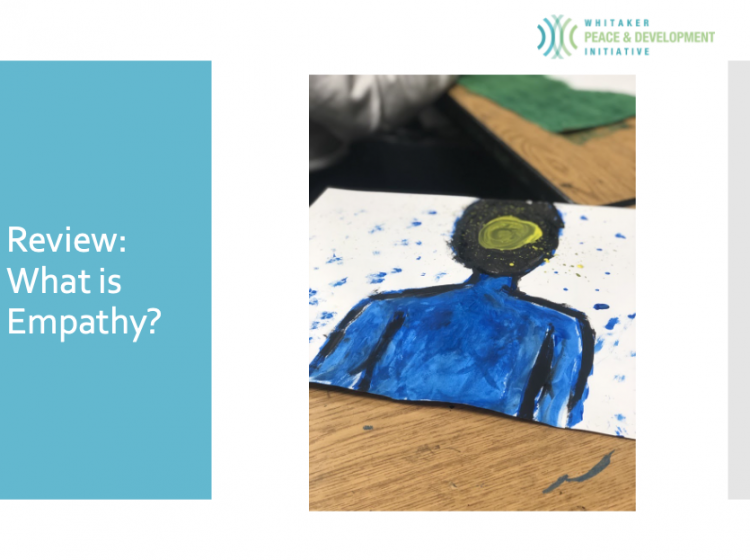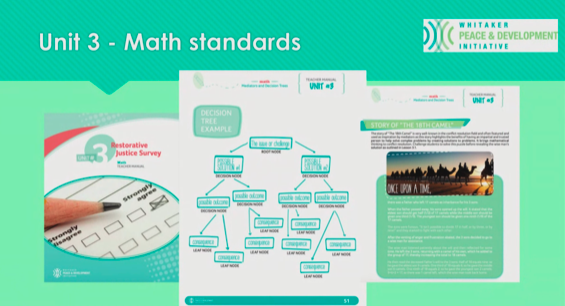August 18, 2021 – “The DHP is a great stress relief…The program has still been very beneficial to us as a staff and as a student body.” This statement is among one of many teacher testimonials gathered in interviews by Dr. Briana Hinga, Associate Professor of Clinical Education at the University of Southern California, who serves as the independent evaluator of WPDI’s Domestic Harmonizer Program (DHP). Her research captured the work of the DHP team this past academic year – a time marked by unparalleled challenges posed to schools by the pandemic – and found that the DHP had a significant impact at its partner schools.

Over this past year, the DHP team not only continued but even expanded its impact among students and teachers at partner schools despite school closures due to the pandemic. We attribute this growth to demonstration lessons curated by the DHP team, which integrate the DHP curriculum with math, social studies, science, English, AVID, leadership, and advisory classes. The topics covered included concepts such as coding the underlying needs of people during the pandemic in science classes, discussing the Black Lives Matter movement in social studies classes, graphing conflict styles in math classes, personal leadership in AVID and leadership classes, analyzing conflict in stories in English classes, and more.
Dr. Hinga gathered survey data from students and teachers every month over the past year and conducted video interviews from students and teachers from Ball Jr. High School and Stephen White Middle School, WPDI’s partner schools. In order to make her assessment, Dr. Hinga analyzed data from 1,325 student surveys from Stephen White and 1,172 student surveys from Ball. She also collected 23 teacher surveys and conducted 12 in-depth interviews with students and teachers. As a result of her research, Dr. Hinga concluded that the lessons taught by the DHP team over this past year had practical and real-life implications for students. As one teacher noted, the DHP was most helpful in teaching “how things apply to them [i.e., students], because even though we’ve been taught to teach students or help them understand how classroom content applies, or why this is meaningful or how they can use it in the real world… I think I never really did it until now.”

The 45-page review of the DHP program is valuable now more than ever considering the need for students to gain a deeper understanding of the complicated world around them. Learning tools like understanding needs and conflict was especially important for them in light of current events, most notably the Black Lives Matter movement, the 2020 US presidential election, and the unprecedented COVID-19 pandemic. As one student interviewed for a focus group stated, “this project is really allowing me to engage more in society in ways I have not thought of before.”
This feedback is incredibly valuable as it highlights one of the key goals of the program: to show students the importance of dealing with conflict in constructive ways and engaging in restorative and peaceful ways regardless of the circumstances. The DHP team will be taking all of the valuable feedback in Dr. Hinga’s report and applying her recommendations for improvement as we continue the program in the 2021-2022 academic year, which also includes the launch of the program’s innovative Virtual Center, launching in the fall for students and teachers nationwide.

